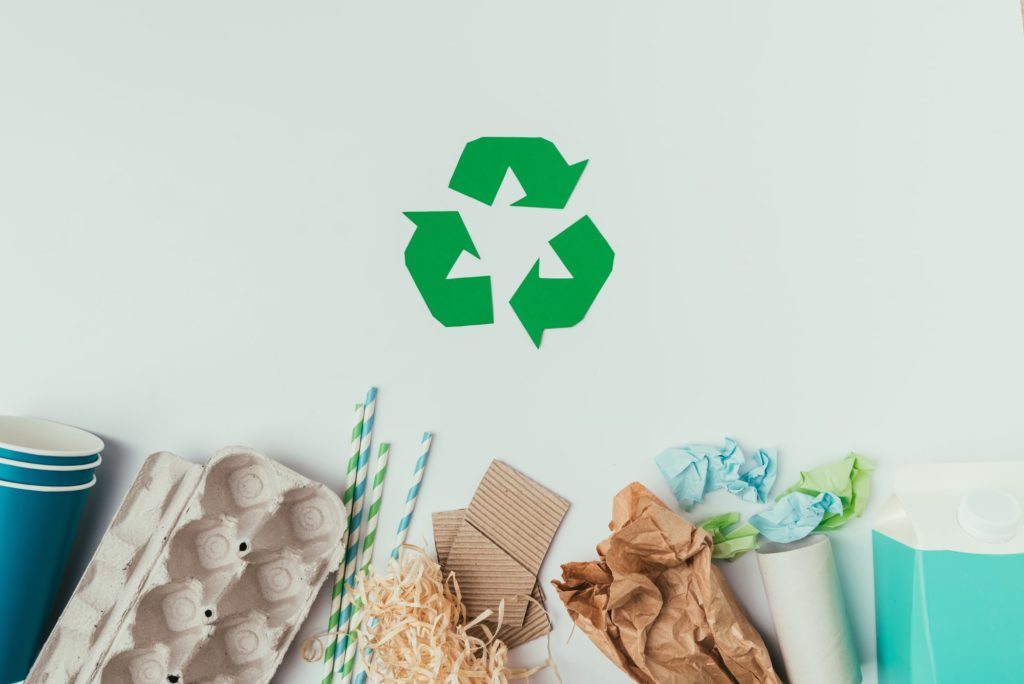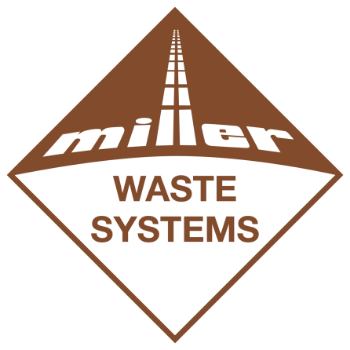When you sort your household waste, are you sure you’re getting it right? Many things you may think are reusable or recyclable aren’t suitable for your recycling bin. To help you get your waste disposal right, here’s a spotlight on five recycling myths, plus some alternatives.

1. Electronics can go into the recycling bin. Unlike most plastic, glass, and metal items, electronics have some other components that aren’t suitable for recycling. Lithium-ion batteries, for example, carry the risk of explosion if they go into conventional garbage collection. While you can refurbish many of your electronics, this process requires more specialized e-waste treatment than most recycling facilities can manage. Many dealers provide a used-electronics disposal service or provide trade-in credit.
2. Recycling any material can only be done once. You can recycle metal and glass multiple times without breaking down. While plastic may have a more limited recycling life, your single-use bottle can nevertheless have a longer life. Recycled plastic is converted into pellets, making objects such as clothing or rugs, which have a more extended use period than that original water bottle had.
3. Recycling uses more energy than conventional manufacturing processes. The numbers don’t support this statement at all. In the case of aluminum cans, recycling requires as little as five per cent of the energy needed to make new ones. Even recycling steel or tin cans consumes 25 to 30 per cent of the energy needed for new ones. When it comes to paper, the recycled kind requires only 40 per cent of the energy required to make new paper.
4. Separating trash from recyclables is pointless. Correctly sorting your garbage is just as essential to the waste management system as the recycling process itself. When inappropriate items go through the recycling system, they can slow down the workflow at the facility and may even cause damage to expensive equipment.
5. An object must be in good condition to be recycled. Your local recycling program may request that your containers be intact because it makes them more manageable in automated sorting processes. Nevertheless, since the recycling process melts down existing objects and reforms them, a crumpled container is just as recyclable as a whole one. One exception may be glass; check with your local facility to find out their requirements for glass recycling.
Waste disposal in Manitoba, Ontario, New Brunswick and Nova Scotia
Miller Waste Systems is committed to keeping your community clean and supporting a healthy environment. Offering services in haulage and disposal, we provide innovative waste diversion and recycling solutions for industrial and municipal concerns. Contact us today to find a solution for your needs.
